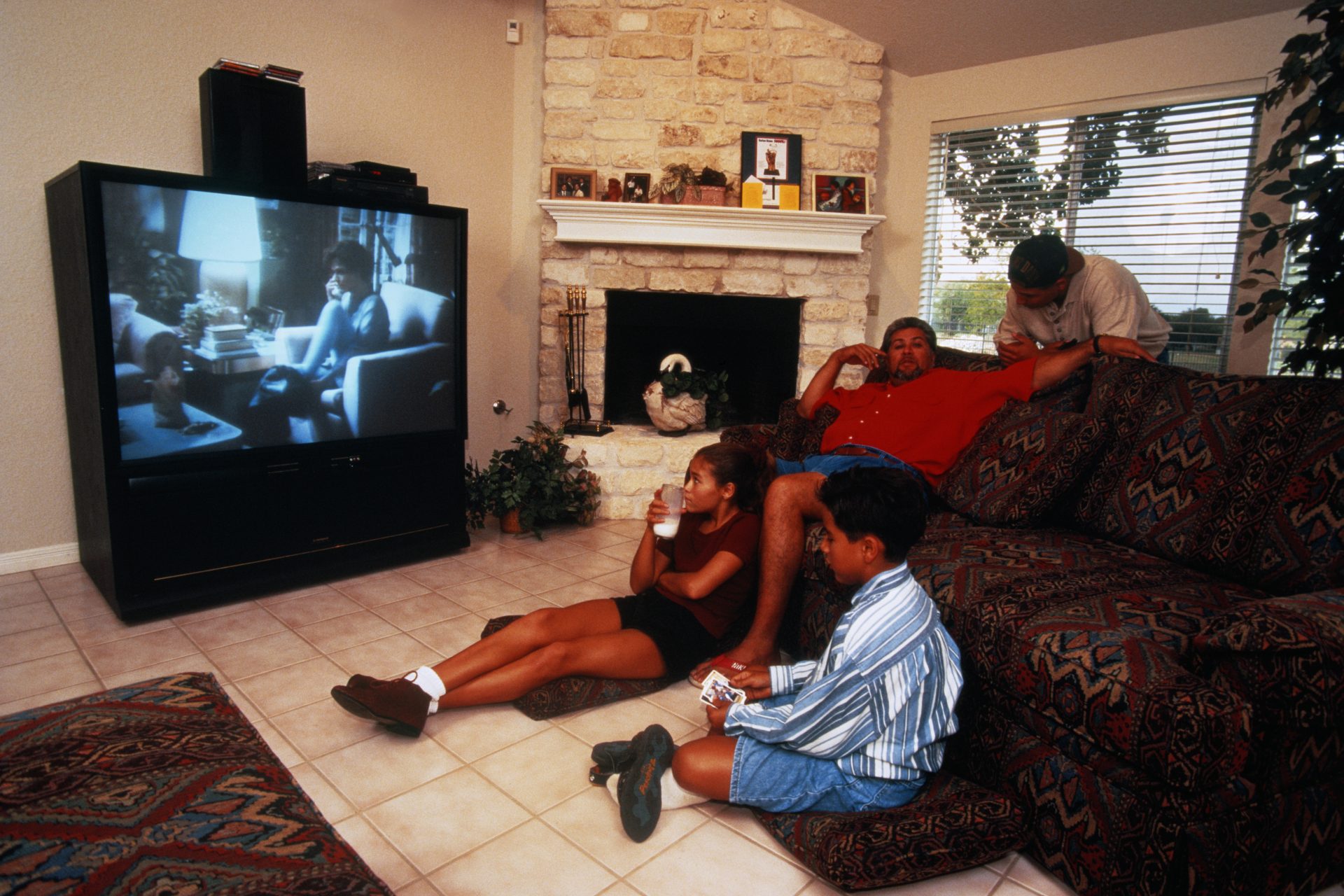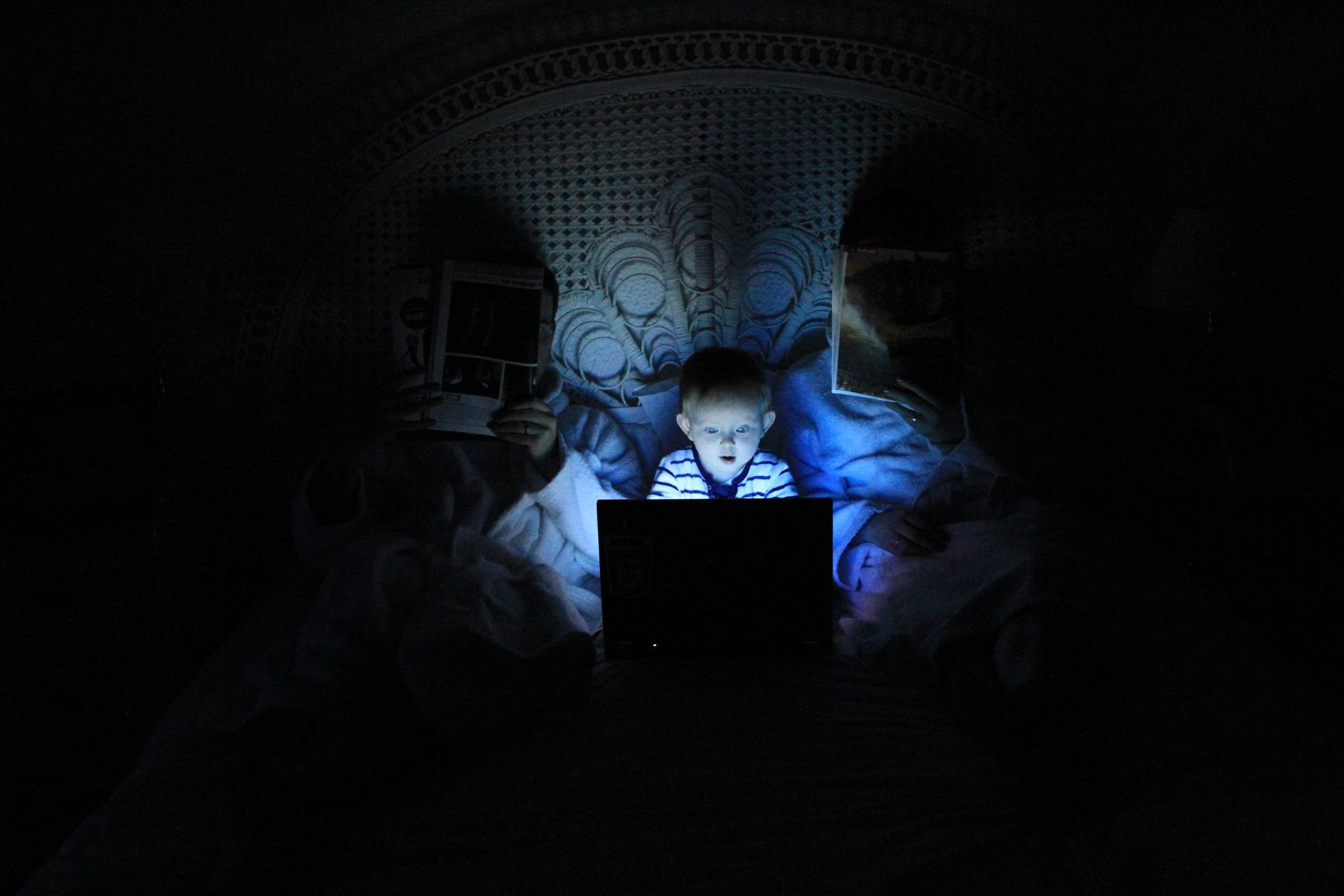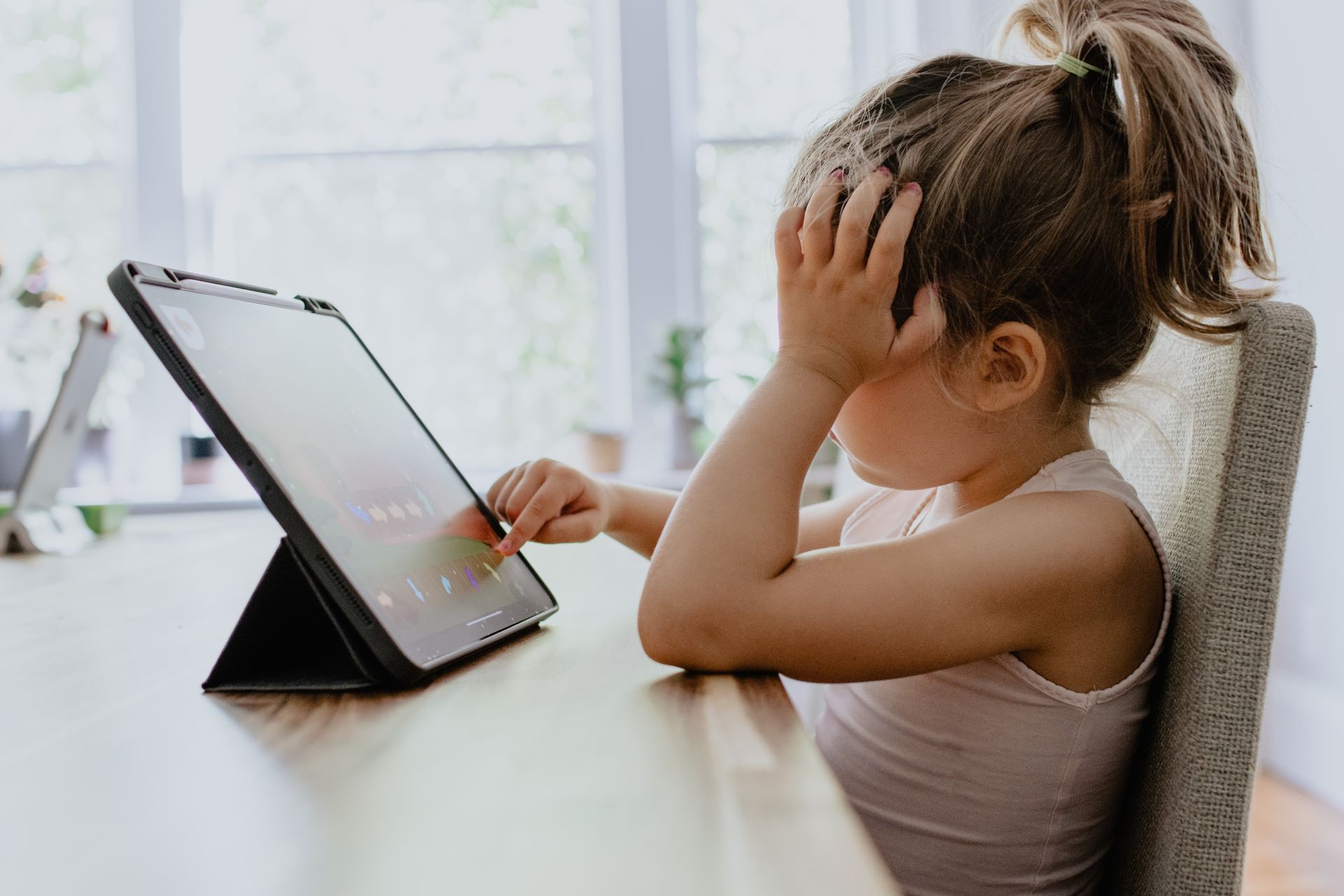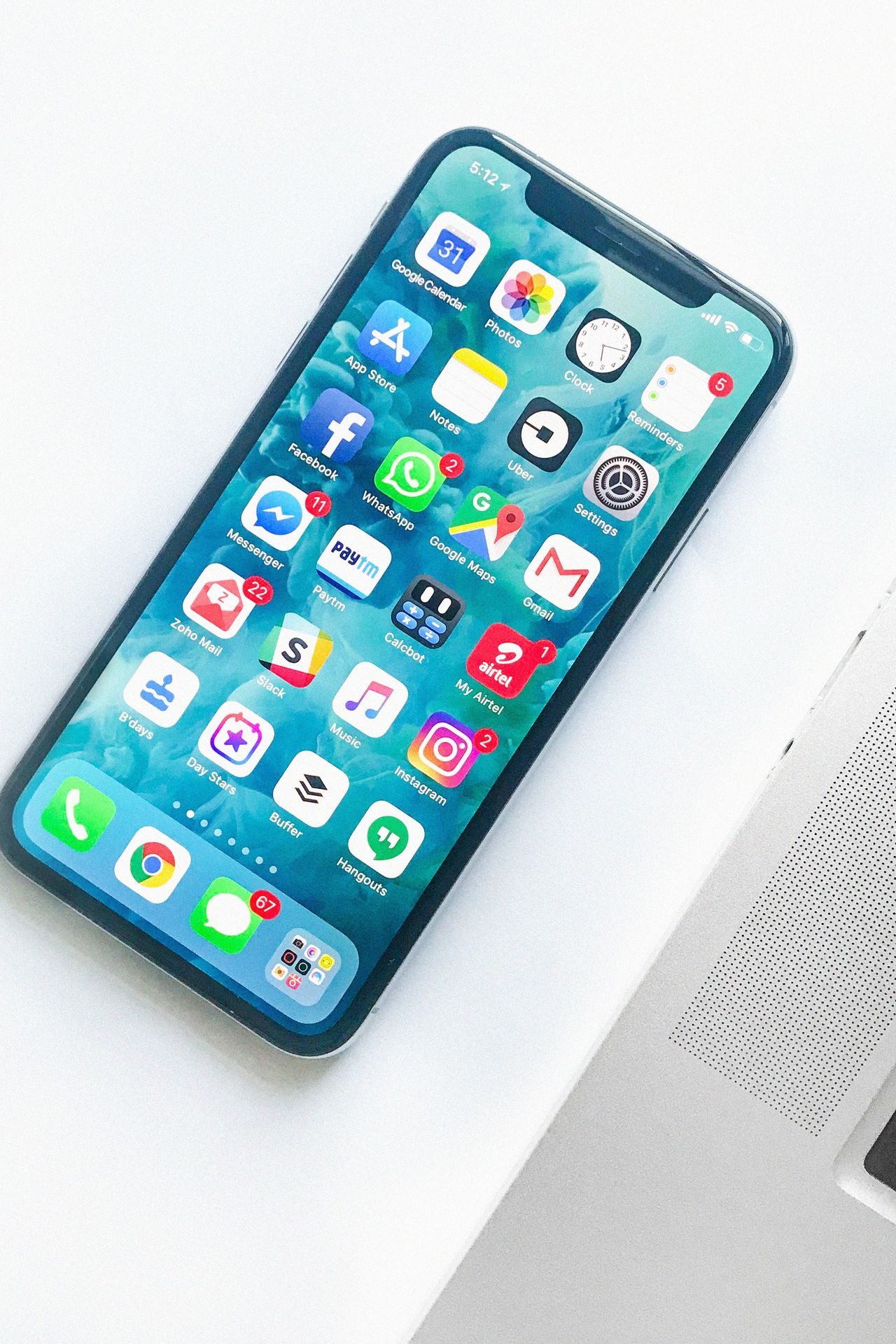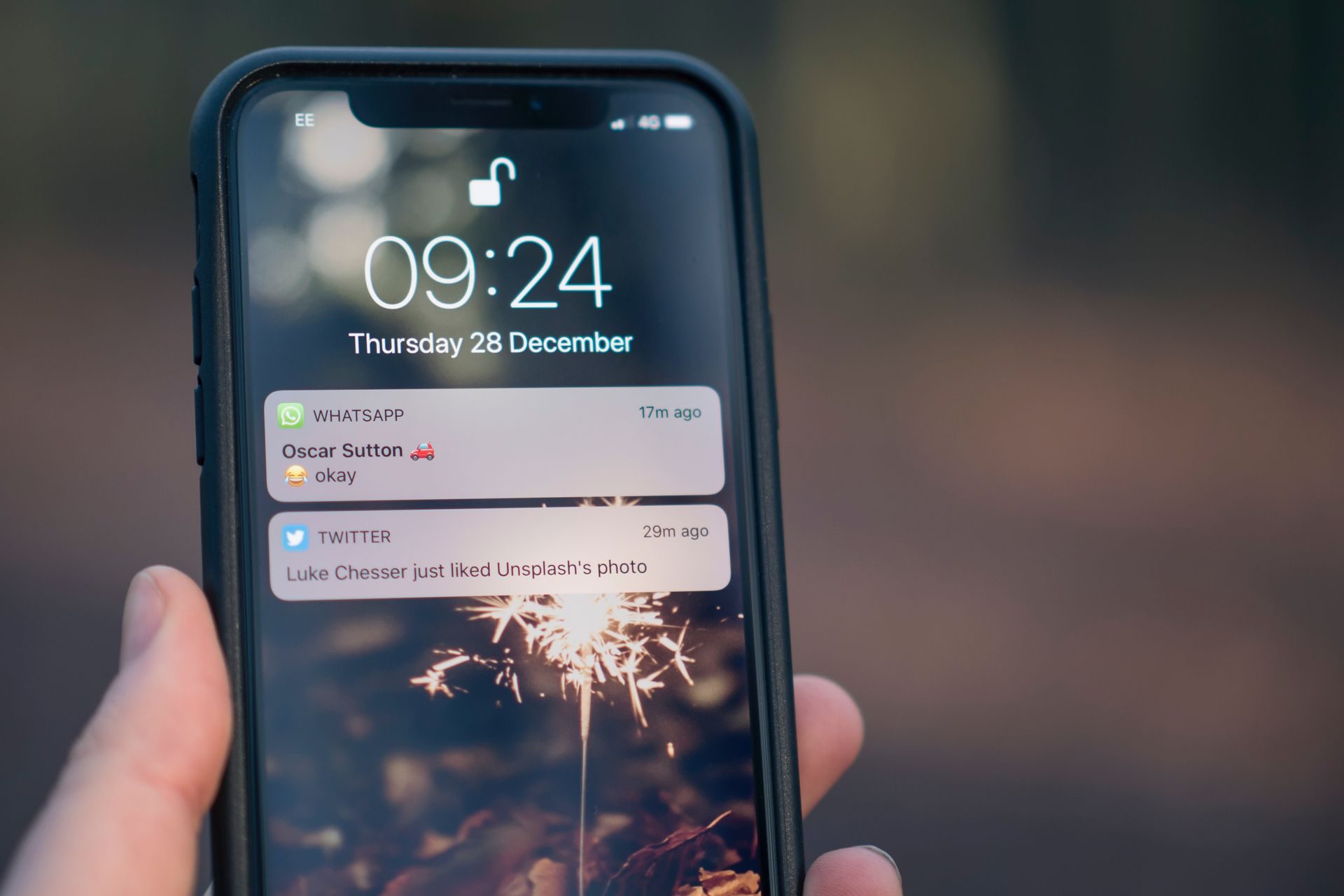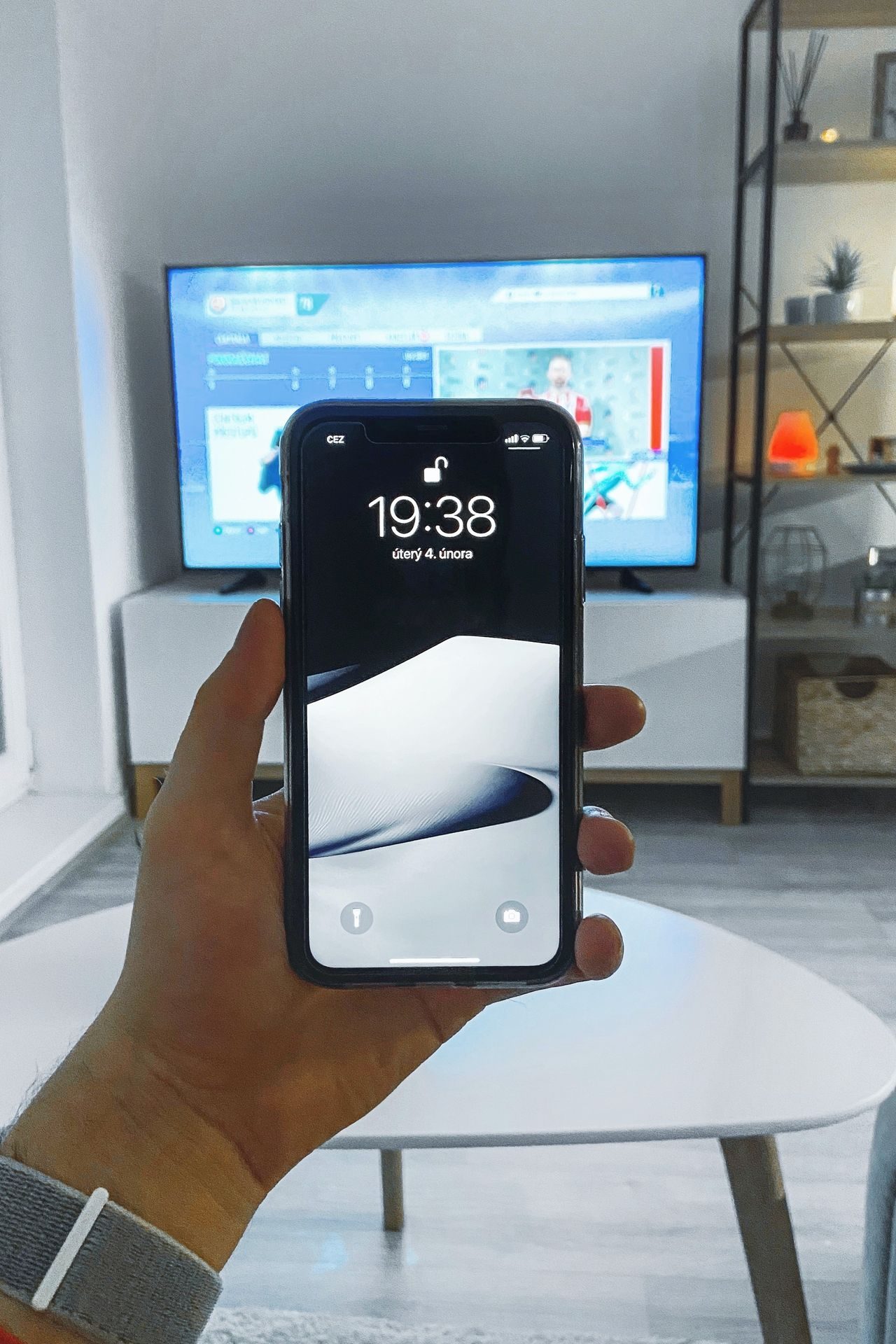Want to cut down on screen time in the new year? Try these tips!
Western adults spend a lot, and we mean a LOT of time in front of screens. We know it isn't good for us, and while our work may contribute to many hours in front of screen, we increasingly choose "screen time" during our hours of leisure as well.
According to the webpage Exploding Topics, on a global level people spend an average of six hours and fifty-eight minutes in front of a screen per day, which is an increase of 50 minutes compared to data from 2013.
In the United States, American spend even more time staring at a screen: seven hours and four minutes every single day. However, South Africans spend far more time with screens, coming in at a shocking ten hours and 46 minutes of screen time per day on average in the country.
However, the health risks of excessive consumption are numerous and documented: social isolation, less physical activity, concentration and attention problems, poor body posture, sleep problems, etc.
Another study cited by the French publication 'Le Point' reveals a worrying increase in the time spent in front of screens among children, with an average daily duration of 56 minutes at two years, one hour 20 minutes at three and a half years, and one hour 34 minutes at five years and a half.
@Ludovic Toinel / Unsplash
The dangers linked to excessive use are particularly high in children, whose brains are not yet formed, in particular because of the low viewing angle of screens which harms the development of peripheral vision.
@Kelly Sikkema / Unsplash
In a largely digitalized society, it seems utopian to do without screens completely. But it is possible to make good use of them: discover our tips for reducing the time you spend in front of them.
@Nicolas Gonzalez / Unsplash
The more apps you have, the more notifications you receive and the more you are tempted to check your phone regularly: so limit the number of apps installed to what is strictly necessary.
@Rahul Chakraborty / Unsplash
When you want to contact someone, prioritize phone calls over messages or wait to see that person: you will reduce the time spent reading or writing messages.
@Magnet.me/Unsplash
To avoid being overwhelmed with messages, regulate your mailboxes by separating professional and personal mail, and by simply sending fewer emails on your end.
@Mariia Shalabaieva / Unsplash
When you leave your email address or a social media app, sign out of your account. This will prevent you from coming back to it too quickly and without a specific reason.
@Austin Distel / Unsplash
Limit your use of the internet by going without it for certain entire evenings, or from a certain time. More radical option: choose a package limited in number of hours or gigabytes.
@Leon Bublitz / Unsplash
Establish times when you go completely without your phone, such as when you see family or friends, or at certain times during your vacation.
@Rodion Kutsaiev / Unsplash
If you are not expecting an urgent call, put your phone on silent mode; you will be less busy and spend less time in front of the screen.
@Jamie Street / Unsplash
Your screen's black-and-white mode is less visually attractive than the color mode: by activating it, you will be less tempted to use your phone too often.
@David Svihovec / Unsplash
When you have to wait for the bus or an elevator, or between two things to do, try to get rid of the reflex of checking your phone unnecessarily.
@Jonas Leupe / Unsplash
To avoid spending too much time in front of your screen in the dark if you can't sleep, move your phone away from your bed. Your quality of sleep will improve!
@Annie Spratt / Unsplash
Everyone needs to know the time several times a day. To be chic and detoxify from screens, be old school and wear a watch!
@Jaelynn Castillo / Unsplash
For children, limiting the use of screen-based devices is especially important. First of all, ban them for children under three and restrict the time spent with older children.
@Kelly Sikkema / Unsplash
To do this, set specific time slots during which children can spend time in front of the television or a video game, for example one or two hours per week.
@Annie Spratt / Unsplash
More for you
Top Stories





